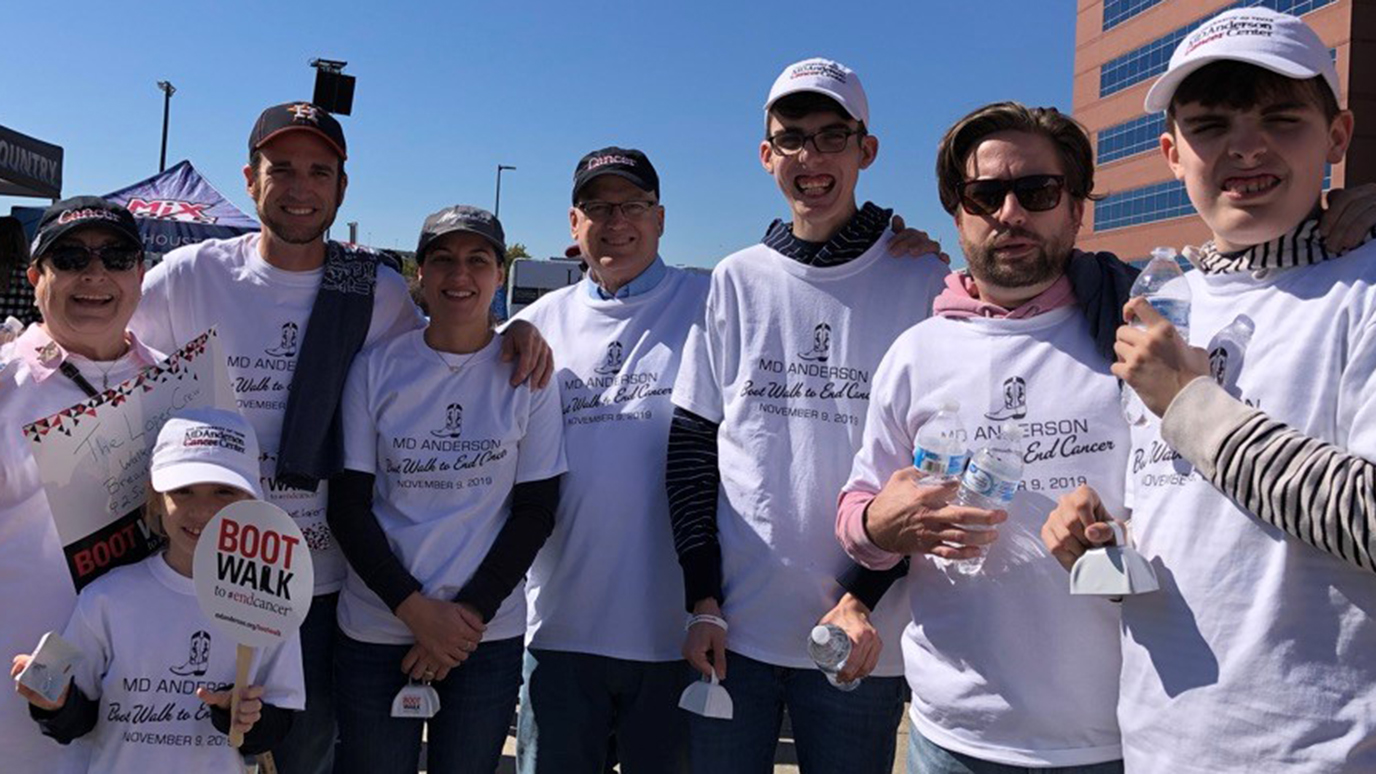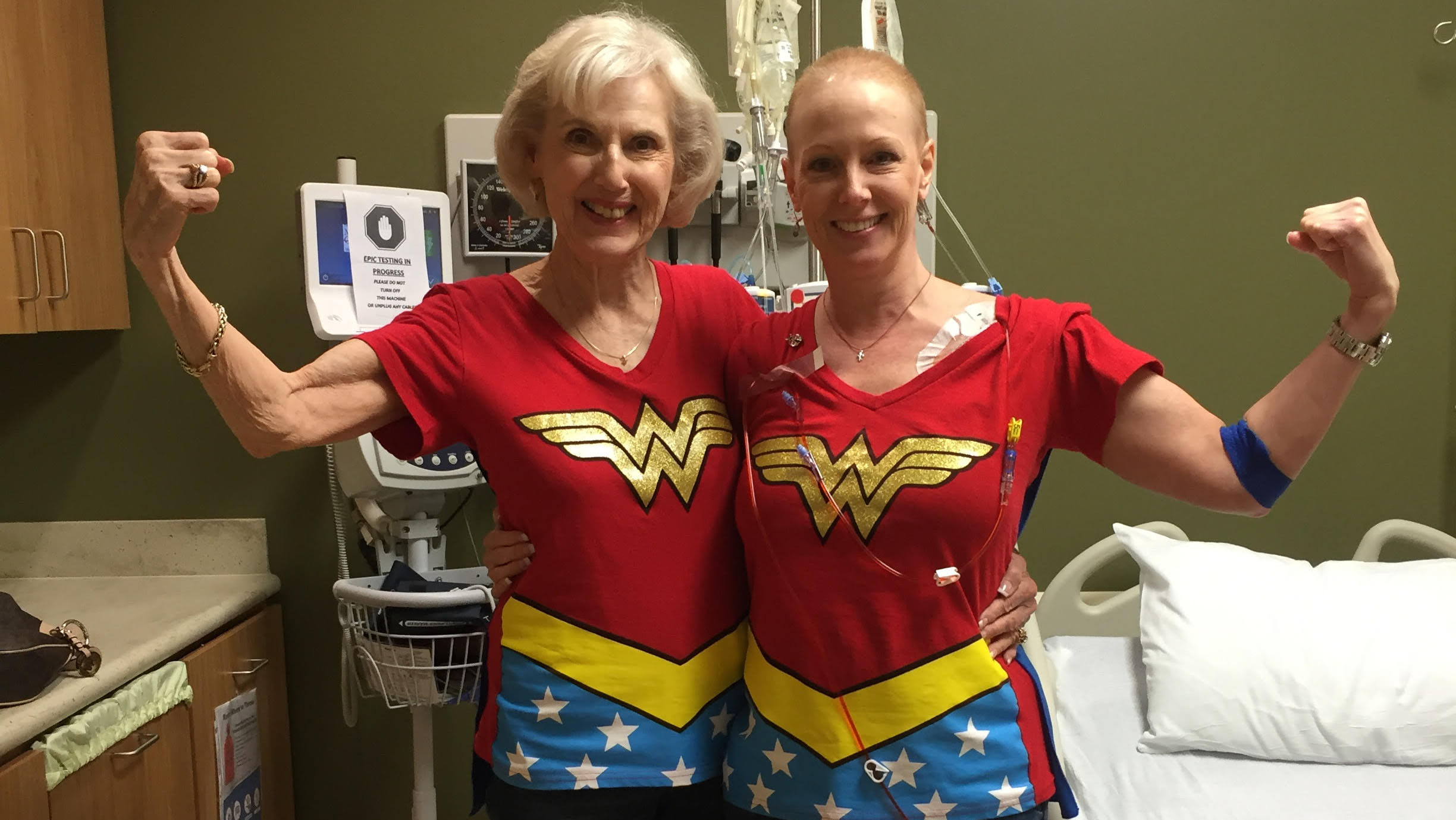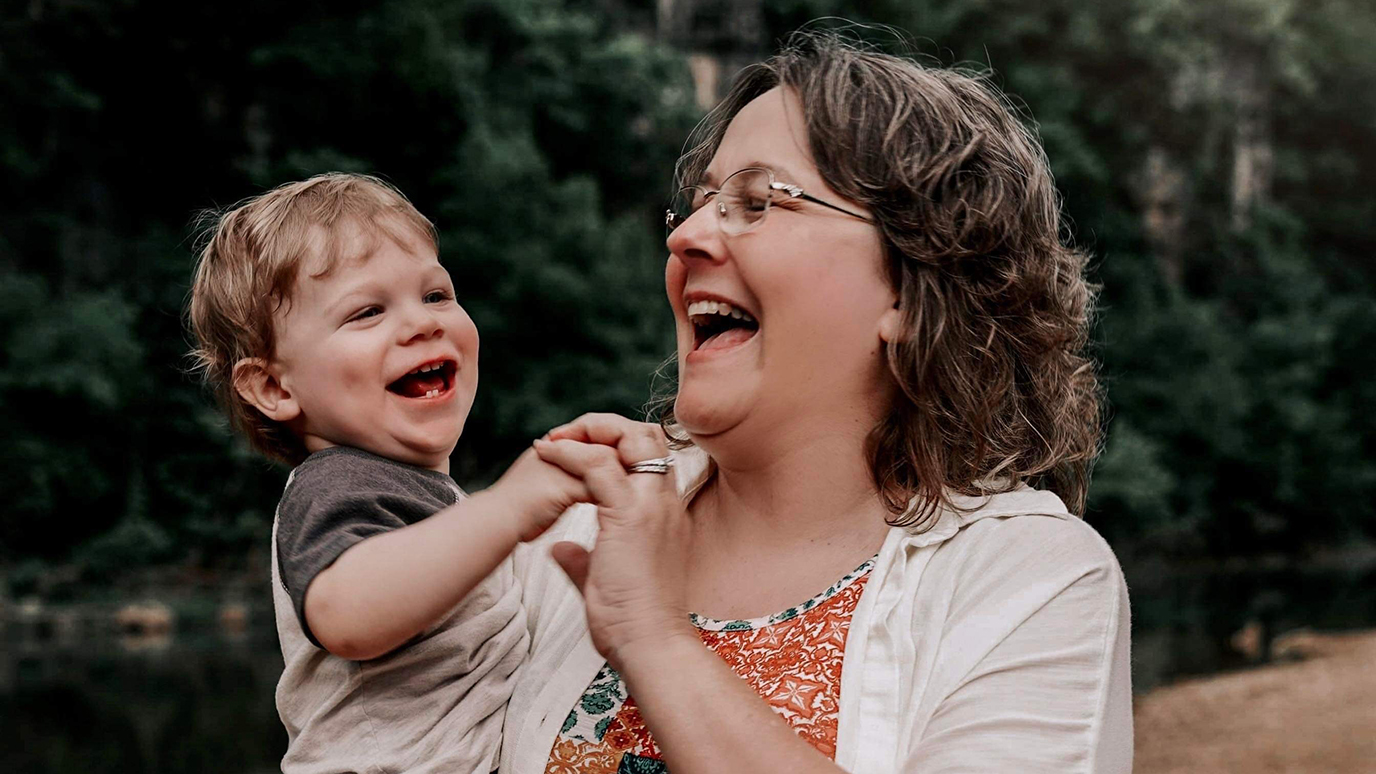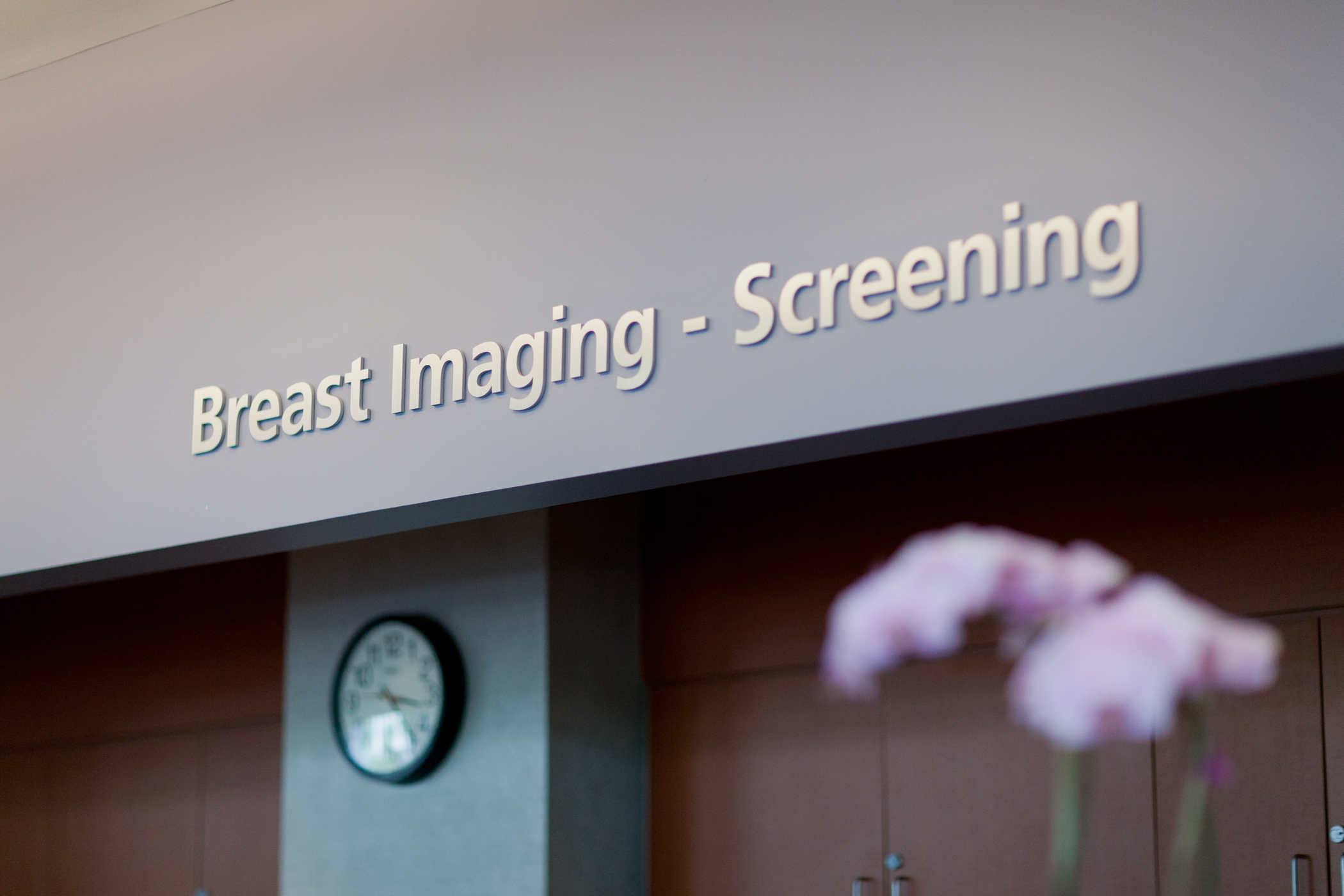- Diseases
- Acoustic Neuroma (16)
- Adrenal Gland Tumor (24)
- Anal Cancer (70)
- Anemia (2)
- Appendix Cancer (18)
- Bile Duct Cancer (26)
- Bladder Cancer (74)
- Brain Metastases (28)
- Brain Tumor (234)
- Breast Cancer (726)
- Breast Implant-Associated Anaplastic Large Cell Lymphoma (2)
- Cancer of Unknown Primary (4)
- Carcinoid Tumor (8)
- Cervical Cancer (164)
- Colon Cancer (168)
- Colorectal Cancer (118)
- Endocrine Tumor (4)
- Esophageal Cancer (44)
- Eye Cancer (36)
- Fallopian Tube Cancer (8)
- Germ Cell Tumor (4)
- Gestational Trophoblastic Disease (2)
- Head and Neck Cancer (14)
- Kidney Cancer (130)
- Leukemia (342)
- Liver Cancer (50)
- Lung Cancer (286)
- Lymphoma (278)
- Mesothelioma (14)
- Metastasis (30)
- Multiple Myeloma (100)
- Myelodysplastic Syndrome (60)
- Myeloproliferative Neoplasm (6)
- Neuroendocrine Tumors (16)
- Oral Cancer (102)
- Ovarian Cancer (178)
- Pancreatic Cancer (160)
- Parathyroid Disease (2)
- Penile Cancer (14)
- Pituitary Tumor (6)
- Prostate Cancer (150)
- Rectal Cancer (58)
- Renal Medullary Carcinoma (6)
- Salivary Gland Cancer (14)
- Sarcoma (238)
- Skin Cancer (300)
- Skull Base Tumors (56)
- Spinal Tumor (12)
- Stomach Cancer (66)
- Testicular Cancer (28)
- Throat Cancer (92)
- Thymoma (6)
- Thyroid Cancer (100)
- Tonsil Cancer (30)
- Uterine Cancer (86)
- Vaginal Cancer (18)
- Vulvar Cancer (22)
- Cancer Topic
- Adolescent and Young Adult Cancer Issues (22)
- Advance Care Planning (12)
- Biostatistics (2)
- Blood Donation (18)
- Bone Health (8)
- COVID-19 (360)
- Cancer Recurrence (120)
- Childhood Cancer Issues (120)
- Clinical Trials (628)
- Complementary Integrative Medicine (22)
- Cytogenetics (2)
- DNA Methylation (4)
- Diagnosis (238)
- Epigenetics (6)
- Fertility (62)
- Follow-up Guidelines (2)
- Health Disparities (14)
- Hereditary Cancer Syndromes (128)
- Immunology (18)
- Li-Fraumeni Syndrome (8)
- Mental Health (122)
- Molecular Diagnostics (8)
- Pain Management (62)
- Palliative Care (8)
- Pathology (10)
- Physical Therapy (18)
- Pregnancy (18)
- Prevention (936)
- Research (390)
- Second Opinion (78)
- Sexuality (16)
- Side Effects (616)
- Sleep Disorders (10)
- Stem Cell Transplantation Cellular Therapy (216)
- Support (408)
- Survivorship (328)
- Symptoms (182)
- Treatment (1788)
Meet Elizabeth Mittendorf, a leader in immunology and breast cancer vaccines
4 minute read | Published September 28, 2016
Medically Reviewed | Last reviewed by an MD Anderson Cancer Center medical professional on September 28, 2016
Elizabeth Mittendorf’s first year in medical school didn’t bode well for a career as a doctor. During one of her early encounters with a patient, she fainted. And it wasn’t due to blood or gore.
It was the pain of a patient with a broken wrist.
“My face hit the counter, and I became the patient,’’ says Mittendorf, M.D., Ph.D., associate professor in Breast Surgical Oncology.
At the time, Mittendorf had been questioning her career choice. But that experience, ironically, convinced her to continue pursuing medicine.
“Surprisingly, my reaction to suffering revealed my compassion for patients. The human side of that struck me,’’ she says.
A light bulb moment
Still, Mittendorf had a hard time seeing patients in pain. The first day of her surgery rotation, she worried she’d be proven a fraud.
But the operating room’s sterile, clinical environment calmed her nerves. The unconscious patient, draped in blue, needed to be healed.
“Something clicked in me, that what we were doing was going to help this person,’’ she says. “This isn’t something everybody can do, but I can. It was like a light bulb moment, and I decided to become a surgeon.’’
A few years later, the bulb flickered again while she was an attending surgeon staffing the breast clinic at Walter Reed National Military Medical Center in Bethesda, Maryland. There she met a patient whose breast cancer had returned 15 years after being treated.
“That got me thinking something had gone wrong. Her immune system apparently hadn’t done its job.’’
Mittendorf had to explore why.
A focus on immunology
With a fresh passion for research, she began working in the lab of now-retired military surgeon and scientist George Peoples, M.D., founder of the Cancer Vaccine Development Program.
“George inspired me with his vision,’’ she says.
After coming to MD Anderson in 2005, Mittendorf continued to perform surgery while also working in immunotherapy and the molecular biology lab. She decided to pursue a Ph.D. in immunology to acquire the scientific rigor and legitimacy to lead in that field. She obtained her doctorate in four years.
Using cancer vaccines to end breast cancer
Now a surgeon and researcher, Mittendorf hopes her work will one day help to eliminate, and possibly prevent, breast cancer.
Much of her research focuses on vaccines to stimulate an immune response in breast cancer patients. She has eight breast cancer vaccine clinical trials underway or in planning stages.
The vaccine furthest along in testing, called NeuVax, has stimulated an immune response in women who had both high and low levels of HER2, a tumor protein present in nearly 80% of breast cancers. Mittendorf and her team are evaluating the vaccine in combination with trastuzumab, a monoclonal antibody that targets the HER2 protein.
Her team also has developed a novel breast cancer staging system called Neo-Bioscore, which includes the tumor’s HER2 status.
“With this tool, I can give my patients the precise information they’re looking for — a more refined prognosis,” Mittendorf says. “Hopefully, these findings will result in more informed conversations between doctor and patient.”
Sacrificing for future generations
Mittendorf’s achievements haven’t gone unnoticed. She was named an inaugural R. Lee Clark Fellow in 2014, a Faculty Scholar in 2016, and one of only five members of the Parker Institute for Cancer Immunotherapy at MD Anderson, created in spring 2016.
She doesn’t like being singled out, as she credits teamwork across MD Anderson for her patients’ success.
“Many of our patients are struck by how passionate everyone is, from the valet to the physician, to the nurse, to the patient services coordinator … how they all do what they can to make the patient experience positive,” she says.
She also applauds the generosity of patients who often make sacrifices to participate in clinical trials, knowing it may not benefit them.
“Breast cancer patients are very altruistic,” Mittendorf says. “They have daughters, sisters, nieces … They want us to learn as much as we can so that subsequent generations won’t have to experience what they’re going through.”
She’s confident one day that will happen.
“I’d like to see every breast cancer patient have a chance to beat cancer. And I’d like to see MD Anderson be the world leader in defining how that will happen.”
A longer version of this blog post originally appeared in Messenger, MD Anderson’s bimonthly employee publication.
Related Cancerwise Stories

I’d like to see every breast cancer patient have a chance to beat cancer.
Elizabeth Mittendorf, M.D., Ph.D.
Physician & Researcher





